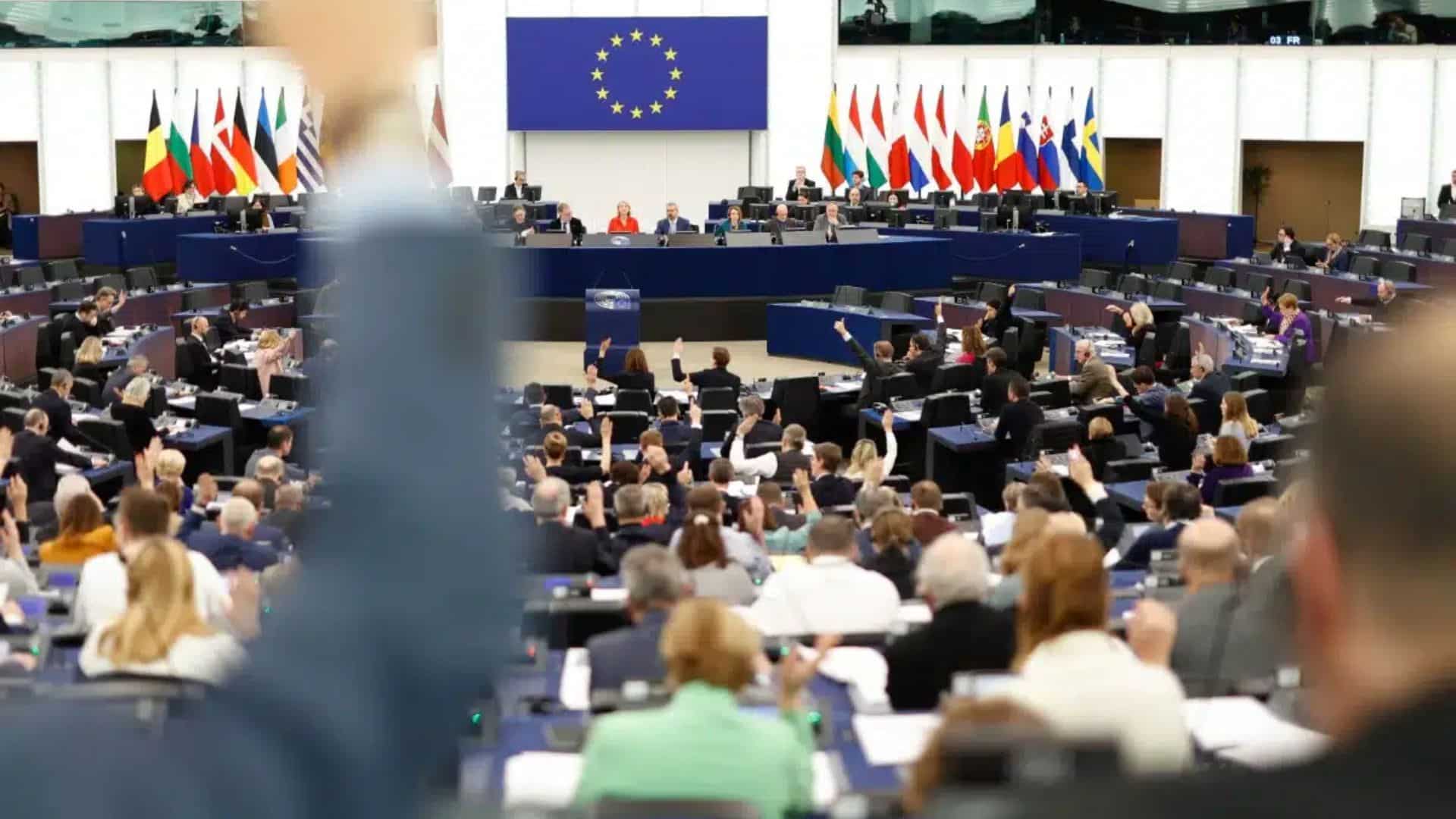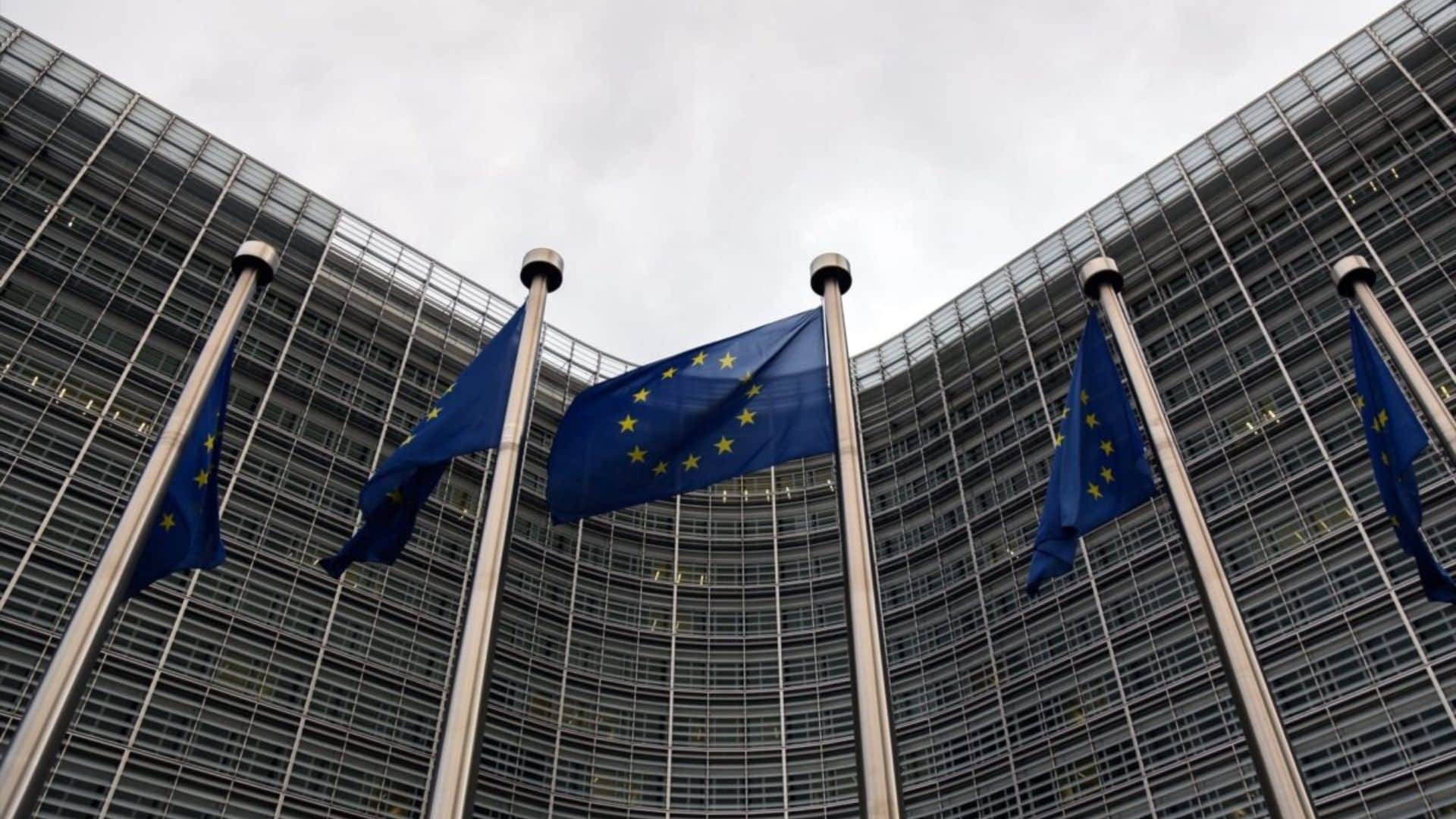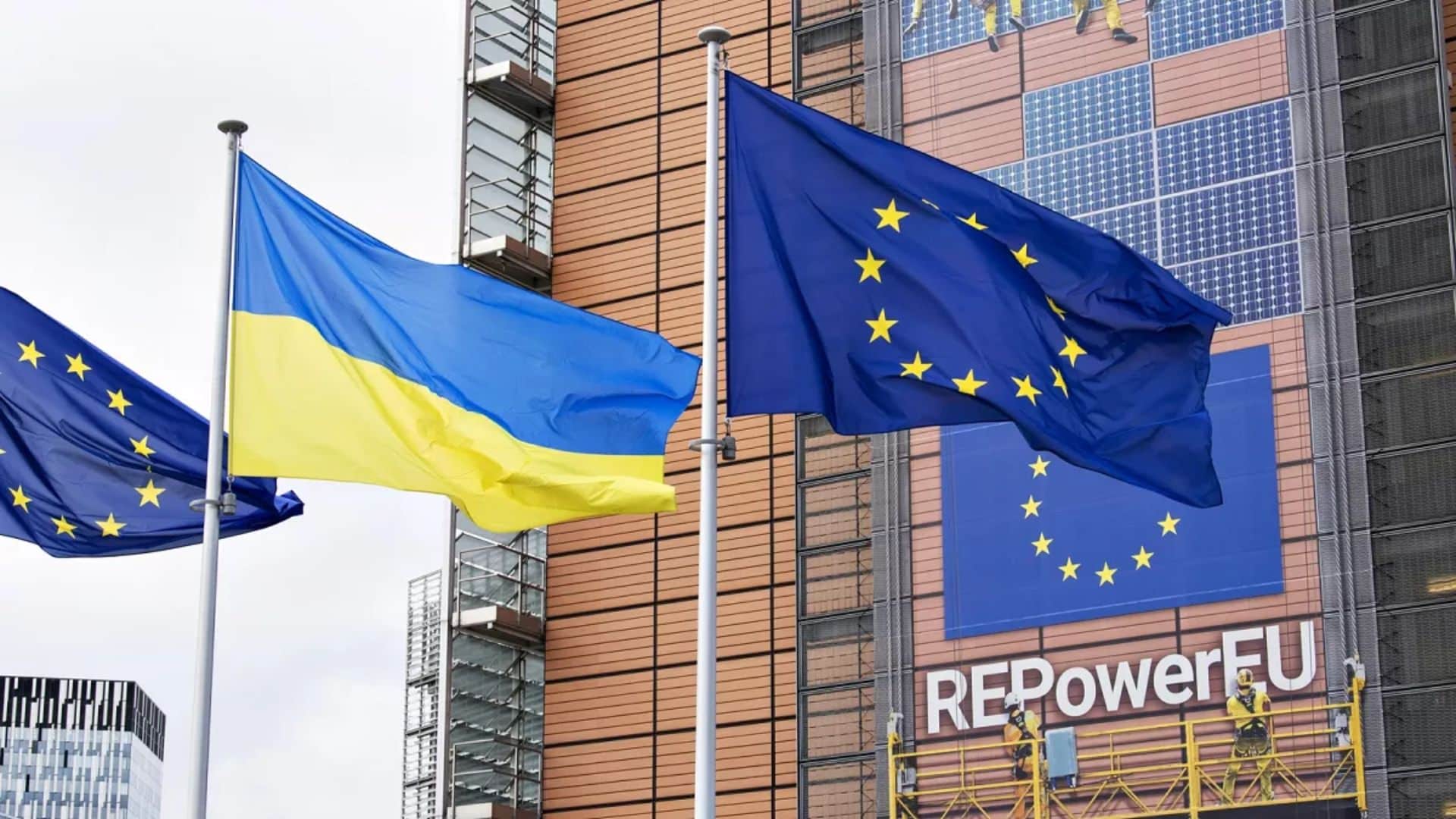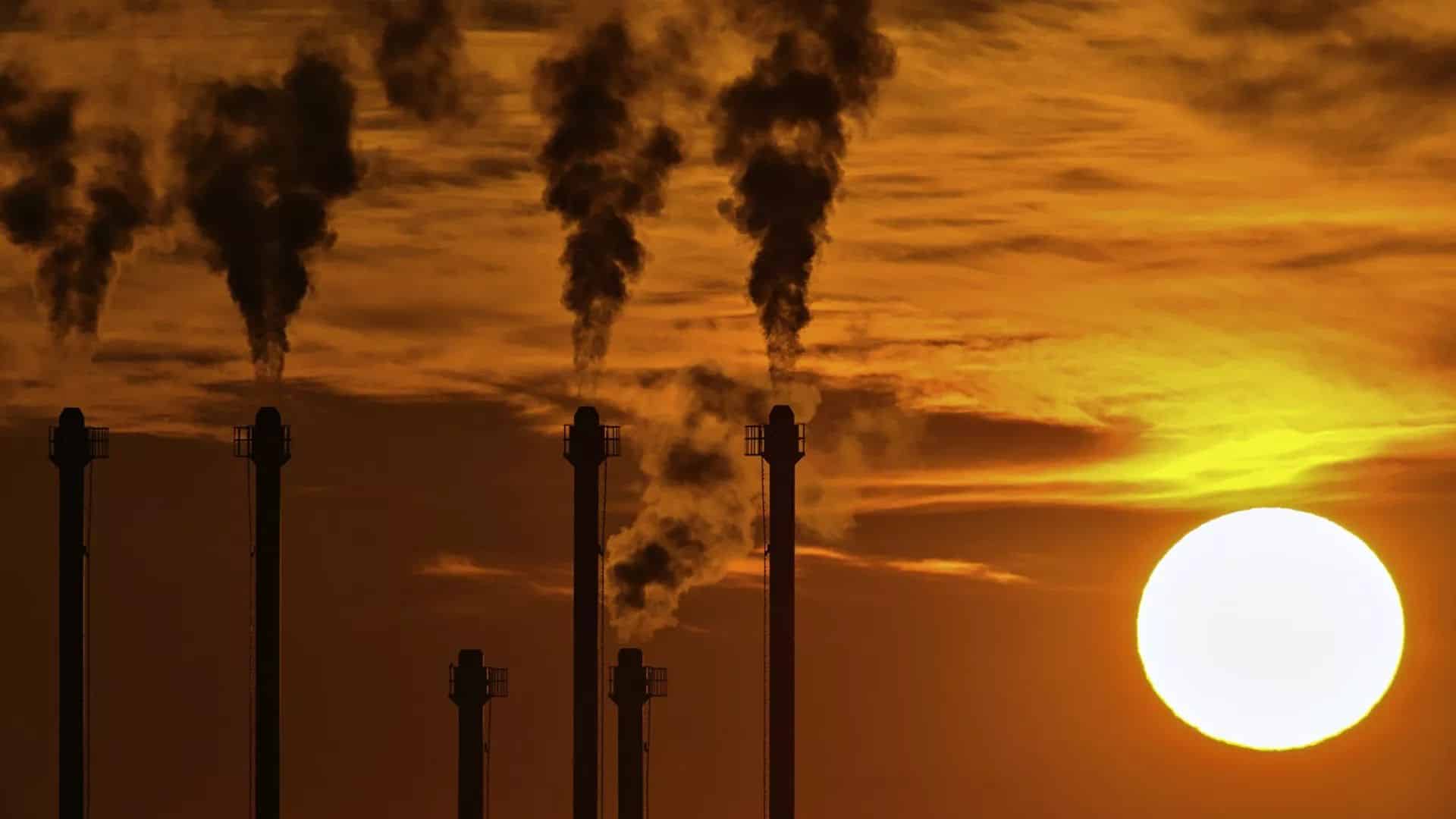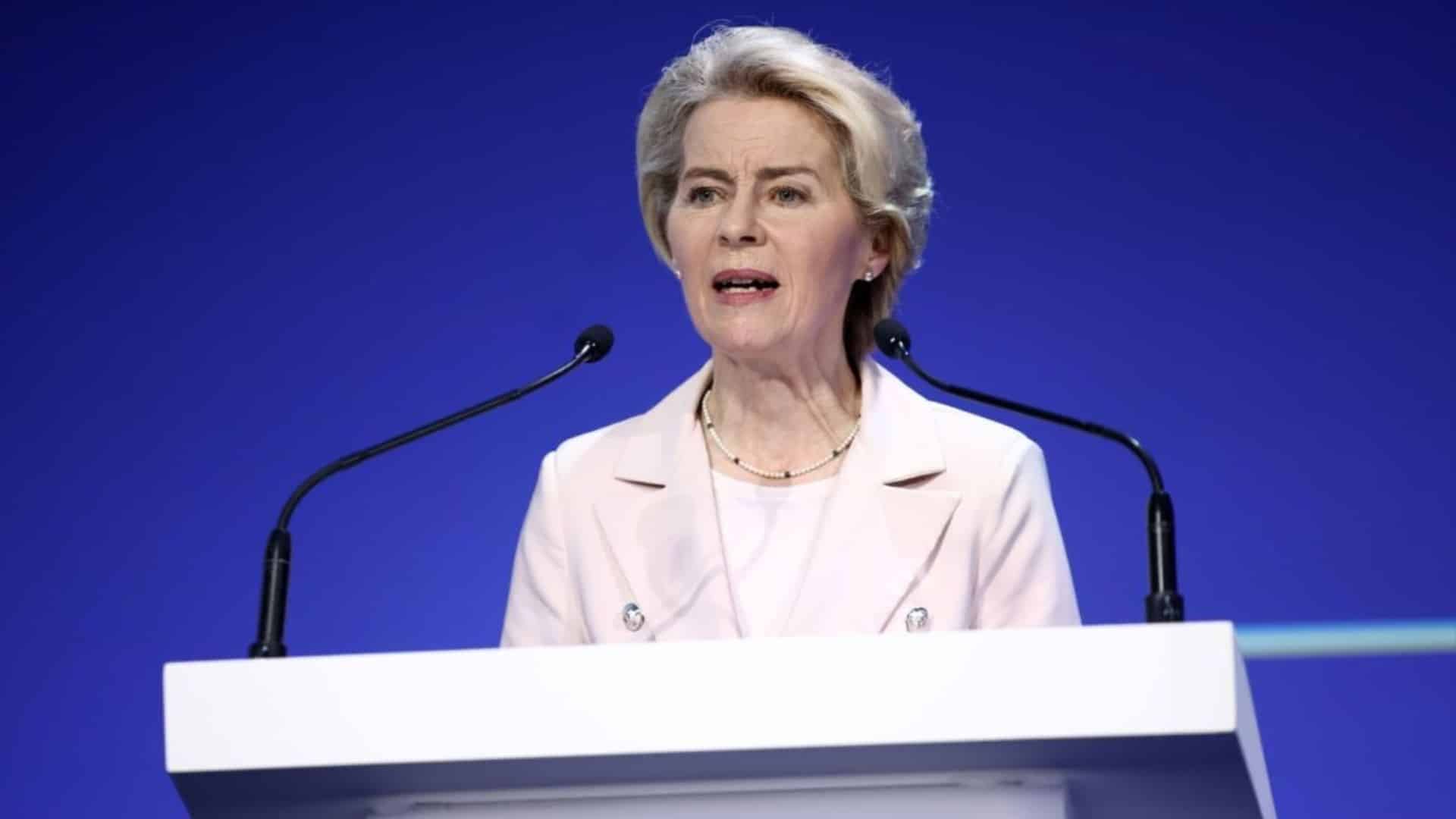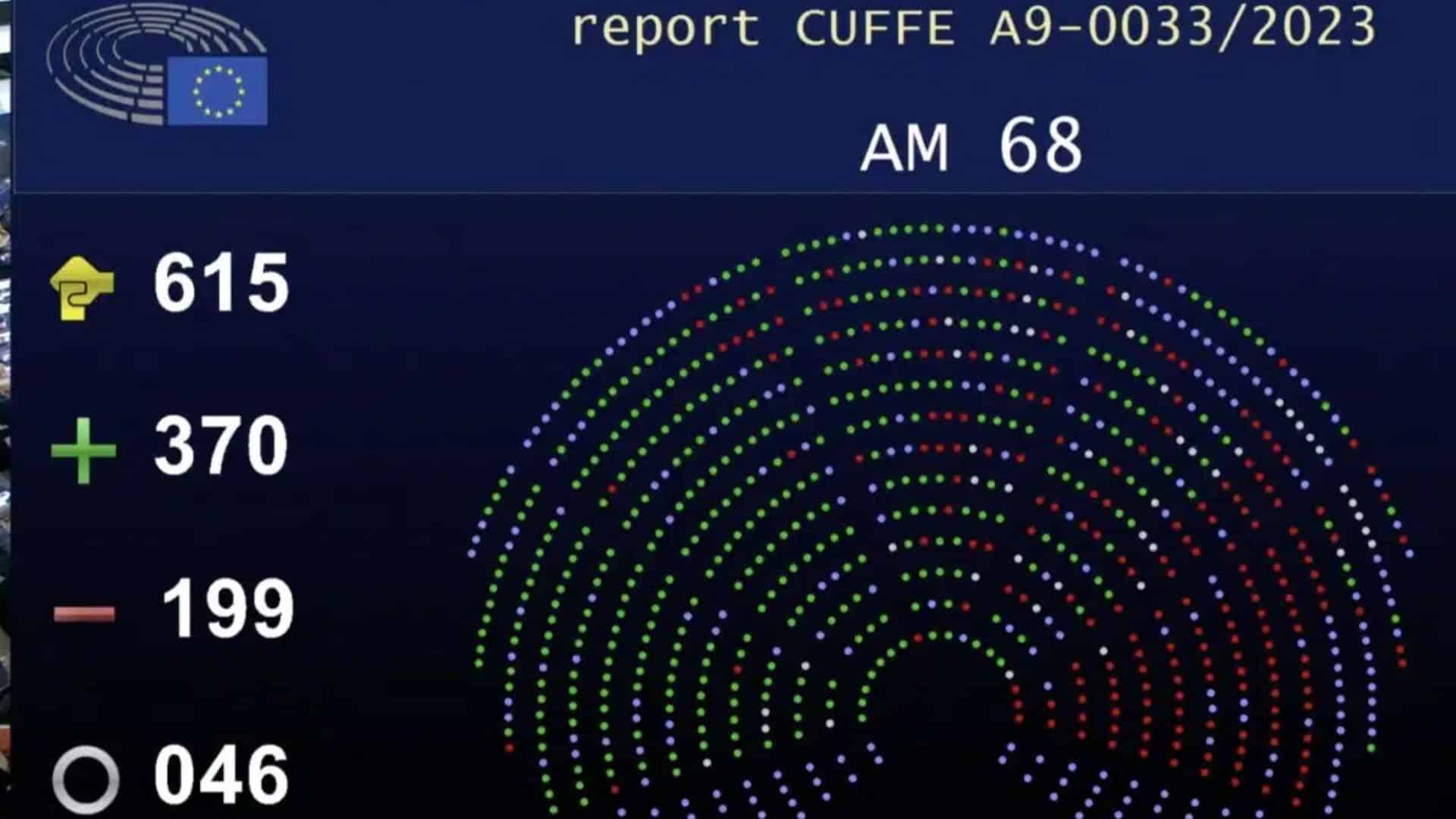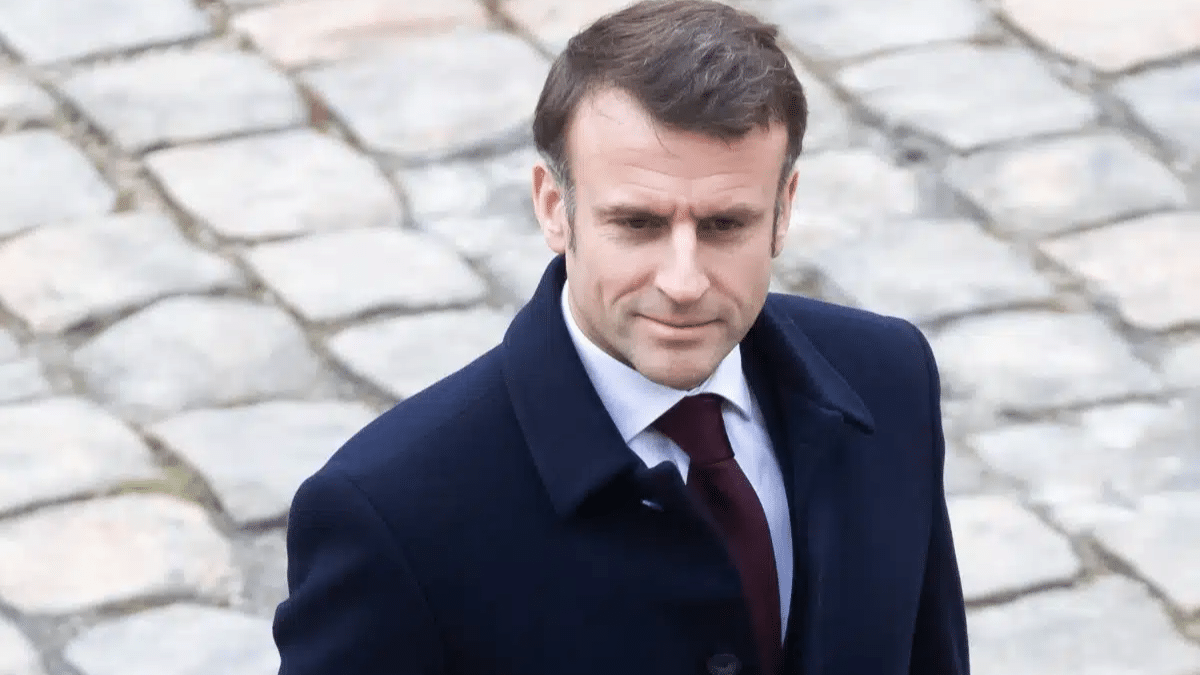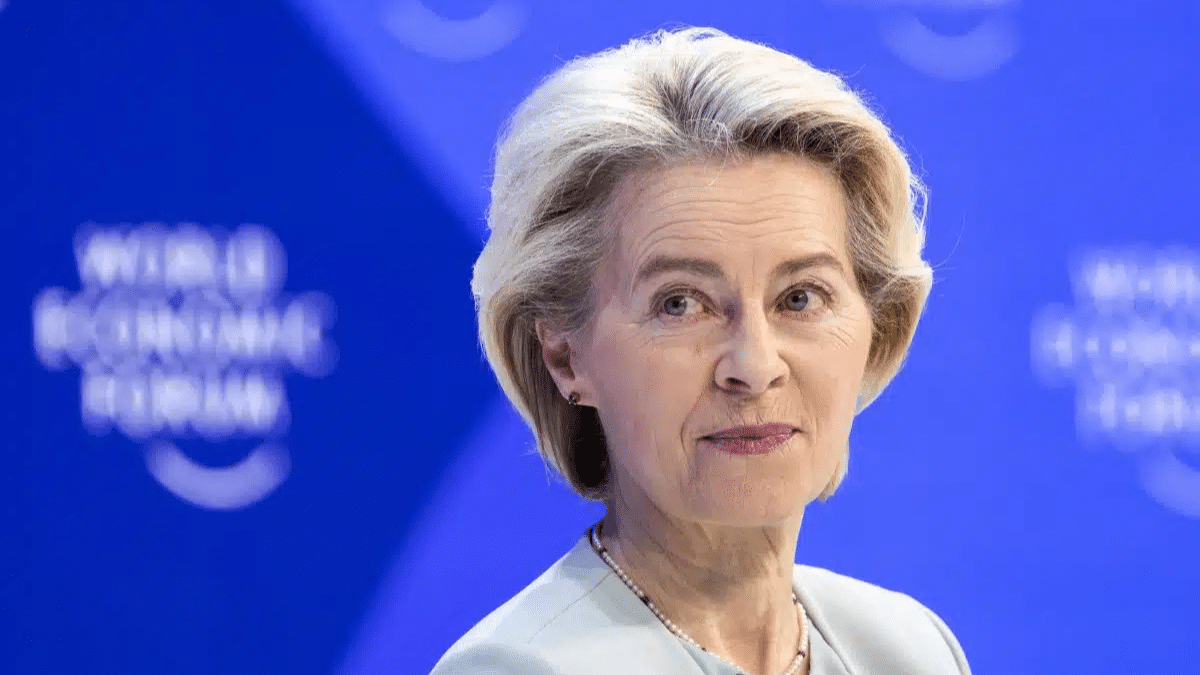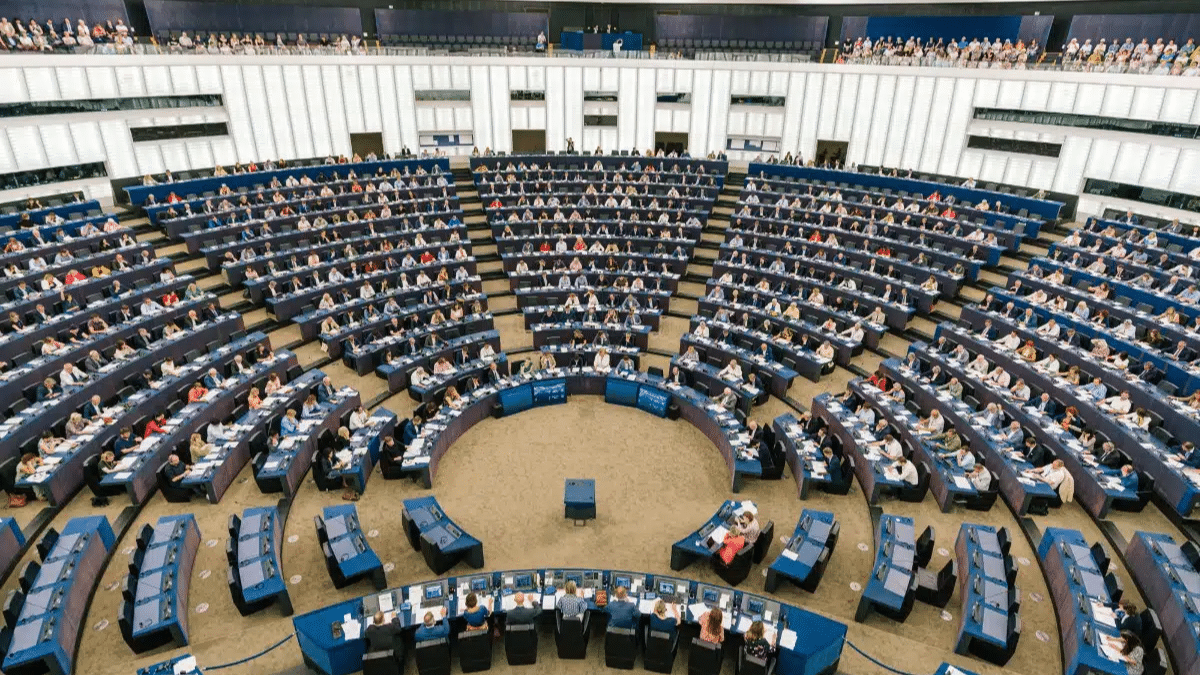
Instability in the Red Sea Threatens EU Economy and Energy Security, Says Trade Commissioner
Valdis Dombrovskis, the European Union’s trade commissioner, highlighted the threat to the EU’s economic stability and energy supply and pricing due to disruptions in the Red Sea. On Tuesday, Dombrovskis pointed out the impact on shipping routes, particularly affecting the Suez Canal.
Dombrovskis noted the current containment of these disruptions’ effects, including on oil and gas prices. However, he stressed the importance of closely monitoring these risks to the European economy. The warning follows an attack on a Greek-owned, Maltese-flagged vessel by Yemen’s Houthi rebels. Recent attacks by the Iran-supported Houthis on international ships in the Red Sea have led several major shipping companies, including European ones, to avoid the region.
The Red Sea and the Suez Canal are crucial for global maritime trade, with about 15% of worldwide shipping traffic. The alternative route around the Cape of Good Hope significantly extends travel time, potentially disrupting global trade with delays and additional costs. Major container shipping companies, including Denmark’s Maersk, have halted or rerouted their operations in the Red Sea following Houthi attacks.
The Houthis claim to target Israeli-owned ships due to the Gaza conflict, but vessels from the US and Europe have also been attacked. Despite US and UK airstrikes against Houthi targets in Yemen, the situation has not improved, raising concerns of further conflict in the Middle East. In response, Western countries and Iran have deployed warships to protect ships from sabotage. A US-led naval mission initially included 20 countries, but some have withdrawn, fearing escalation. The EU is considering a dedicated operation to safeguard European ships in the region.
European Implications
Following US and UK airstrikes, the Houthis have threatened retaliation, increasing concerns that more companies may opt for the Cape of Good Hope route. Economists warn of potential impacts on European consumers, including higher energy costs, delayed shipments, and sustained high-interest rates, as noted by economist Osama Rizvi in Euronews. Since Russia’s invasion of Ukraine, the EU has increased oil imports from the Middle East, making it more reliant on the Red Sea and Suez Canal routes.
Paolo Gentiloni, the EU’s economy commissioner, cautioned that the tensions could lead to a spike in European energy prices. While currently not affecting energy prices and inflation, Gentiloni emphasized the need for vigilant monitoring due to possible future impacts.
Industry Impact
The crisis has already impacted industries, with companies like Tesla, Volvo, and Suzuki halting production in Europe due to supply chain issues linked to the Red Sea situation. Tesla is pausing most car production at its Berlin Gigafactory due to component shortages. Similarly, Volvo has stopped production at its Ghent, Belgium, plant, and Suzuki at its Hungarian factory. Shell has reportedly suspended all Red Sea shipments, according to the Wall Street Journal.
Qatar’s Prime Minister, Sheikh Mohammed bin Abdulrahman Al Thani, warned at the World Economic Forum in Davos that liquified natural gas (LNG) shipments would be affected. Reuters reported that QatarEnergy, a leading LNG exporter, temporarily halted Red Sea journeys, although some Qatari LNG vessels have resumed their routes.

